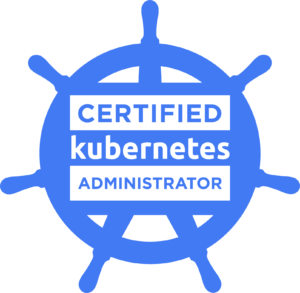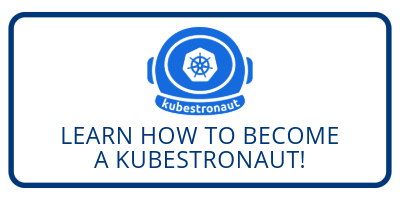 Cluster Architecture, Installation & Configuration25%
Cluster Architecture, Installation & Configuration25%
Use Kubeadm to install a basic cluster
Manage a highly-available Kubernetes cluster
Provision underlying infrastructure to deploy a Kubernetes cluster
Perform a version upgrade on a Kubernetes cluster using Kubeadm
Implement etcd backup and restore















